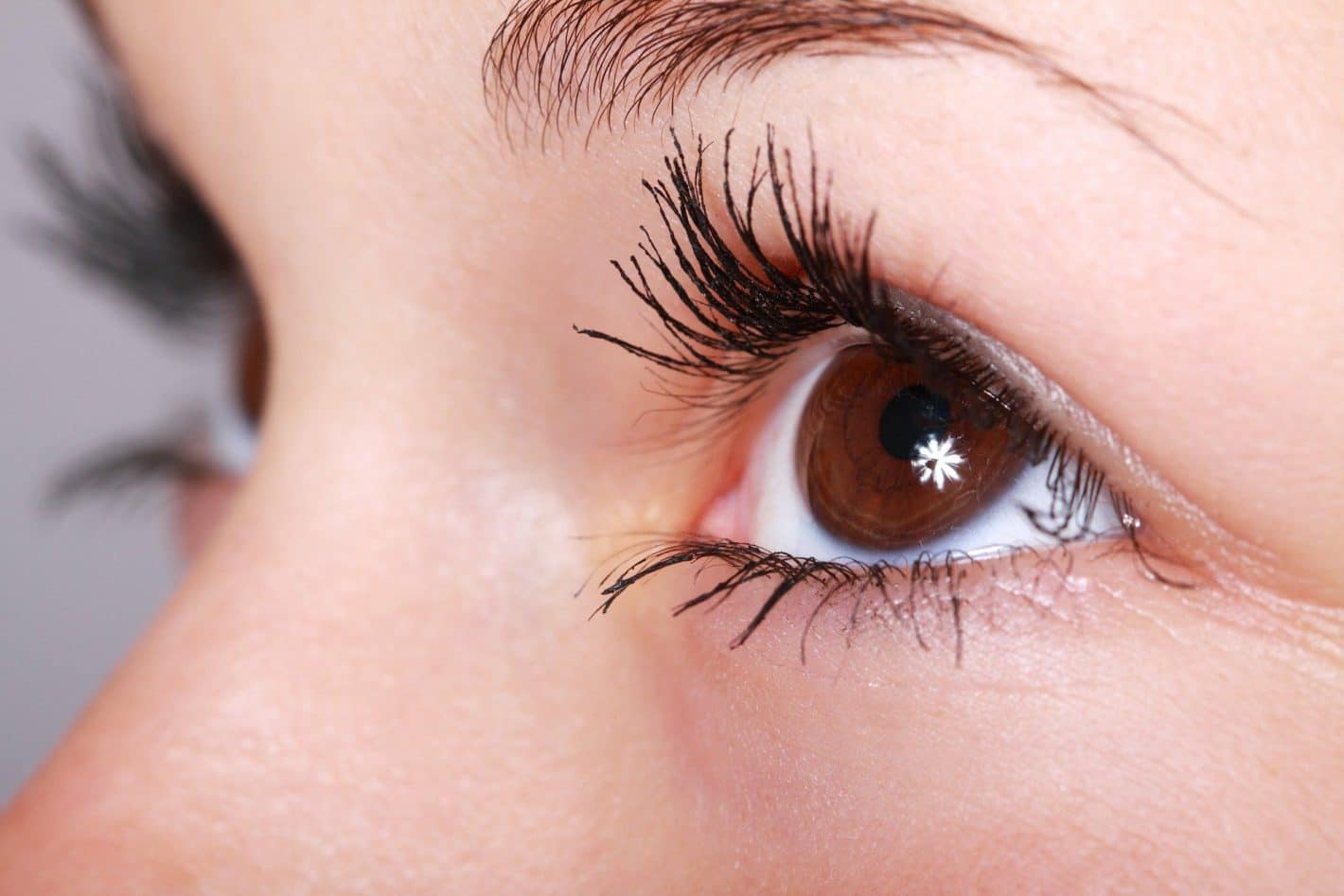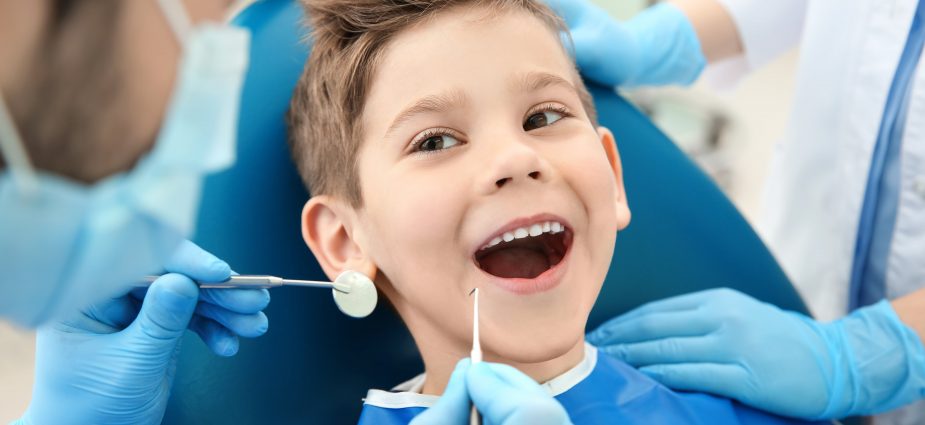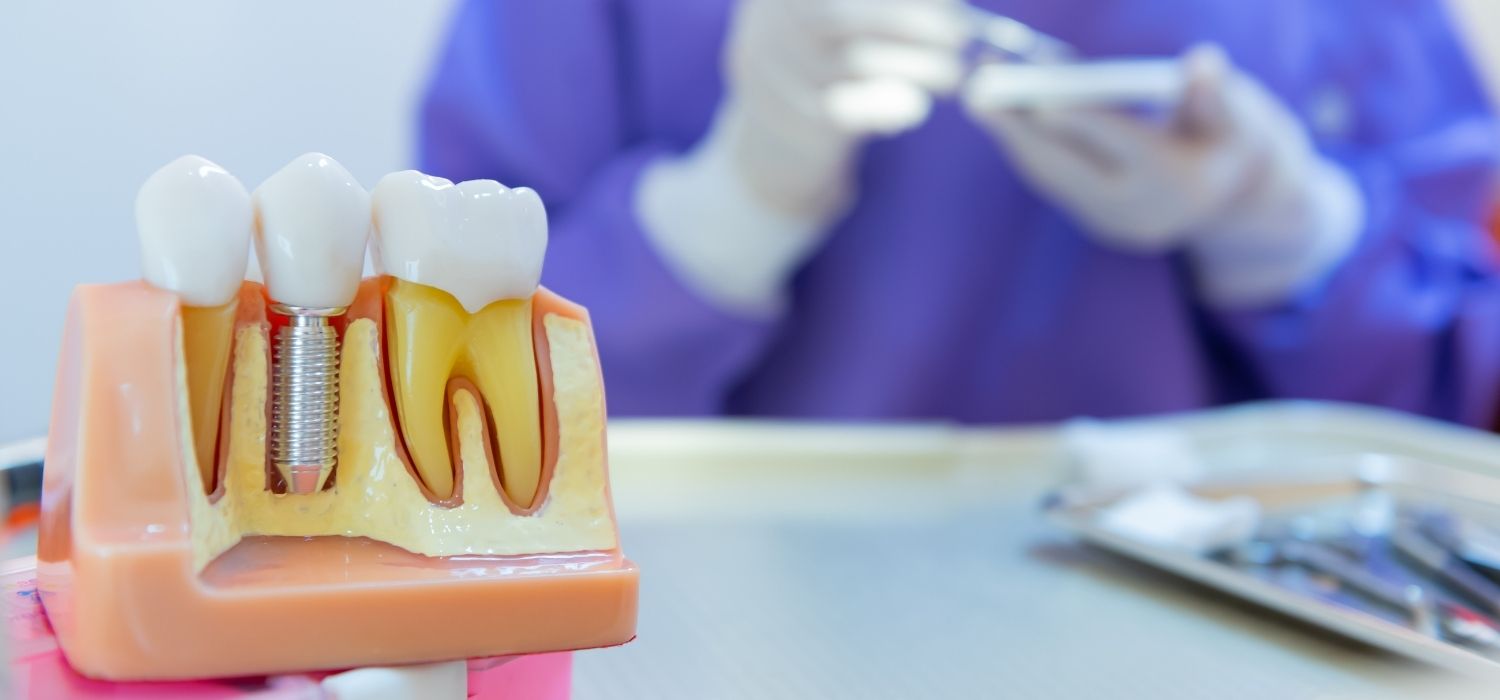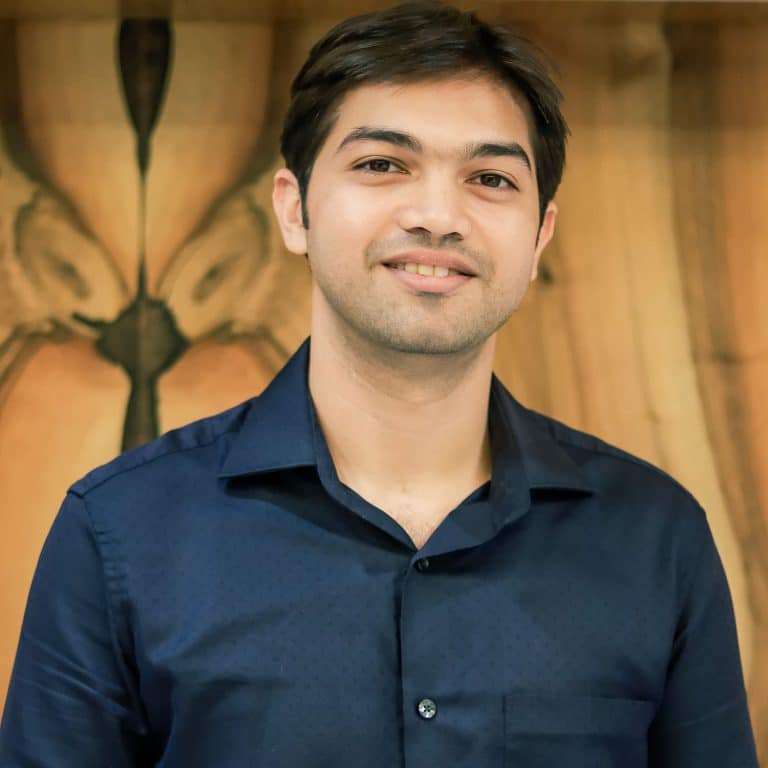What is Mucormycosis?
Mucormycosis, also called Zygomycosis or black fungal infection, is a serious fungal infection that is caused by the fungi of order Mucorales. Mucorales are found in soil, plants, decaying fruits and vegetables, and even in the nose and mucus of healthy people. Mucormycosis causes damage to teeth and bones in addition to the lungs or sinuses. In some extreme cases, it may also affect the brain and eyes. Additionally, mucormycosis has a high mortality rate.
Therefore, it’s important for anyone with symptoms of mucormycosis to consult a doctor and get the necessary treatment as soon as possible!
How Is Mucormycosis Treated?
Common symptoms of mucormycosis are swelling in the face, discoloration of the tongue and gums, discoloration of the skin on the face, pain in the eyes, and pain in the cheek or sinus areas. Mucormycosis can be difficult to diagnose because it requires multiple consultations with different specialists oral and maxillofacial surgeons, ENT specialists, eye specialists, infectious disease specialists, and neurologists or neurosurgeons.
Luckily, mucormycosis is highly treatable with carefully controlled antifungal medications, if detected early enough. The most important point in treating mucormycosis is that it must be treated before it spreads to other parts of the body. But sometimes, there is a risk of infection spreading to the teeth and jaws. In these cases, surgical intervention is required and the damaged teeth and infected part of the jaw need to be removed as they cannot be saved or restored.
Problems Caused After Removal Of Infected Teeth And Jaw
Trouble can arise after the surgical treatment because teeth and bones that provide support for the mouth and jaw may be lost. Individuals who survive mucormycosis often struggle with dental problems after their recovery.
One of the more common struggles with surviving mucormycosis is chewing food. This may result in dental problems like gum disease or dental decay. Speech difficulties are also common as a result of jaw bone loss from osteonecrosis due to mucormycosis. It may be hard to speak clearly and words may be difficult to pronounce because of missing teeth, dental implants or dentures, or dental cavities.
If mucormycosis has resulted in your teeth being lost, dentures or implants may be necessary. But mucormycosis also affects the bone in your mouth, which can lead to loose or missing teeth, pain, and difficulties in chewing. Wearing dentures over mucormycosis-affected bone could potentially worsen the condition or make it difficult for mucormycosis to heal. So, the best method of dental rehabilitation after recovering from mucormycosis is getting dental implants.
Why Should You Get Dental Implants After Mucormycosis Treatment?
Dental implants are artificial tooth roots that mimic the natural tooth root and act as a replacement for any lost teeth.
Dentists who specialize in mucormycosis treatment will typically recommend dental implants. These dental implants replace missing teeth and bone. They consist of artificial roots that are placed within the jaw and dental crowns that are attached to these roots. Patients who get dental implants heal and stabilize quickly and maintain oral functioning throughout their lifespan. Dental implants provide the best bite possible for chewing and offer even better comfort than conventional dentures.
What Are The Benefits Of Dental Implants?
Dental Care Tips To Prevent Mucormycosis After COVID Treatment:
Patients who have recovered from COVID 19 are at great risk of contracting mucormycosis due to their weakened immune systems. Here are a few tips to follow after your recovery to avoid getting infected with mucormycosis:
- Brush twice a day
- Floss at least once a day
- Use mouthwash at least once a day
- Disinfect toothbrush and tongue cleaner
It’s important to remember that because mucormycosis can damage or destroy teeth and the jaw, finding a dentist who specializes in mucormycosis care may be necessary. If you are suffering from dental issues due to mucormycosis, don’t hesitate to contact Dr. Vikram Pandit of Pandit Clinic for more information on teeth replacement procedures.
Meet the Doctor
BDS, MDS Oral & Maxillofacial Surgeon
Dr. Vikram is a visiting consultant and consultant oral and maxillofacial surgeon at the top hospitals in Pune like Poona Hospital and Research Centre, Ratna Memorial Hospital, Pandit Clinic and KEM Hospital. Dr. Vikram has done clinical fellowship in craniofacial surgery with focus on surgery for cleft lip and palate deformities, orthognathic surgery and surgery for sleep related disordered breathing (SRDB). He has trained for advanced management for Facial Trauma, from Taiwan. He has also attended various seminars and done workshops related to Oral and Maxillofacial Surgery. Dr. Vikram is also a co- author of a chapter for a textbook. He has been invited as a speaker for number of conferences in India as well as Internationally.
Book Consultation
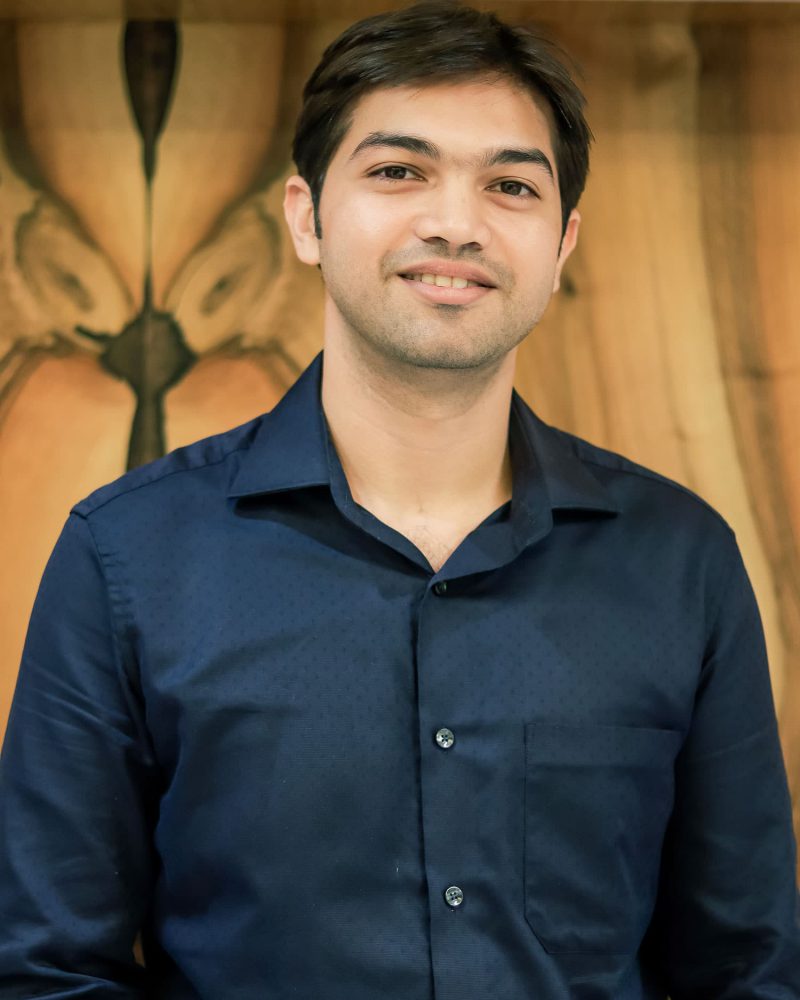
Consult Dr Vikram Pandit
Oral & Maxillofacial Surgeon
Book a consultation with Dr Vikram Pandit. At the consultation, Dr Vikram Pandit will:
- Dr. Vikram Pandit will first perform a thorough examination of your teeth, gums and jaw.
- Explain the problem to you.
- An X-Ray of your teeth will be taken if needed.
We recommend you openly discuss your concerns with Dr. Vikram.
During the consultation be prepared to discuss:
- Your medical conditions, drug allergies, and previous dental treatments.
- Current medications, vitamins, herbal supplements, if any.
- Likely outcomes, and any risks or potential complications.
You Might Be Interested In
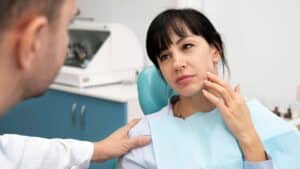
Jaw Cysts: A Comprehensive Guide with Dr. Vikram Pandit
Have you ever noticed a swelling on your jawbone? Are you concerned about a potential cyst lurking beneath the surface? Fear not! This comprehensive guide,
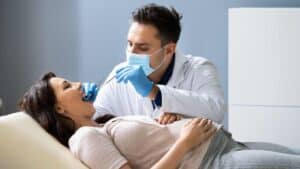
Is Tooth Extraction Safe During Pregnancy?
Pregnancy is an extraordinary journey, filled with dreams of baby names and nursery decorations. However, amid all the excitement and anticipation, there are moments when




